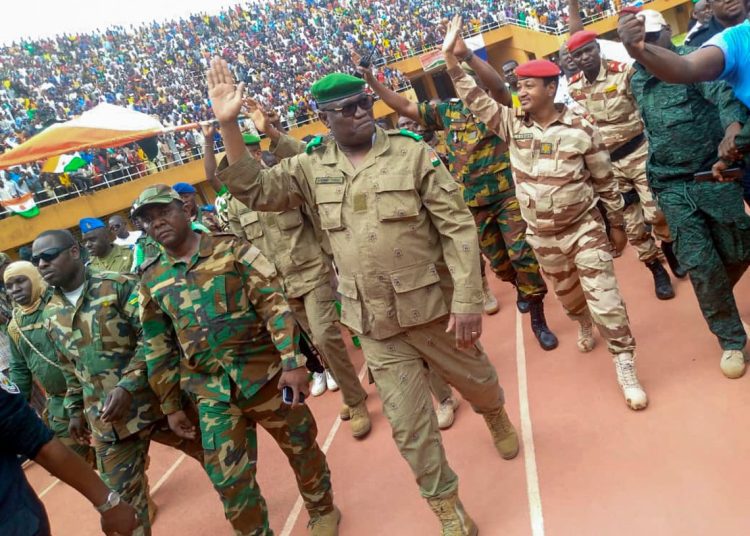On July 26, there was a military coup in Niger. This event represents a new episode in a series of similar processes that have occurred since 2020 in various former French colonies in West Africa (Mali, Guinea and Burkina Faso). The diversity of actors and strategic interests at stake creates a situation of regional crisis and makes any prognosis regarding possible solutions extremely complex.
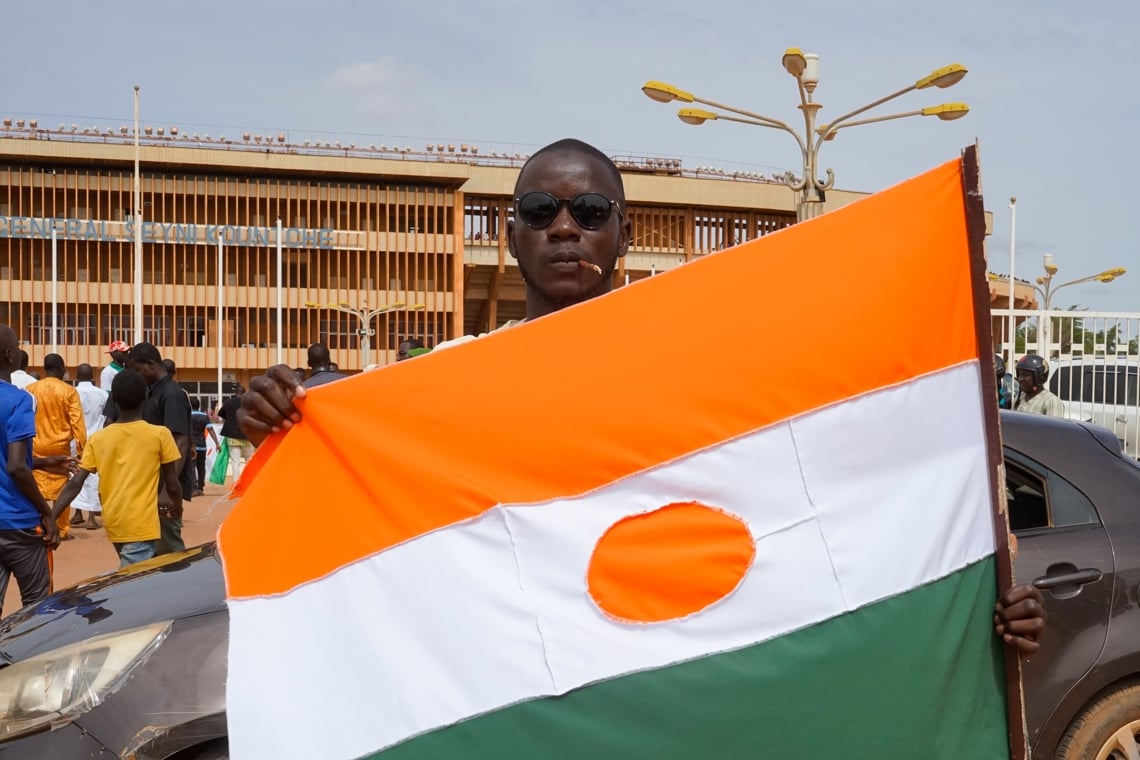
The coup belt
What is most striking, from a geopolitical point of view, is that what happened in Niger completes the formation of a strip around the Sahel region totally occupied by military governments, and that extends over more than 5,500 kilometers from the eastern coast to the western coast of the continent, from the Atlantic to the Red Sea. In it, in addition to the four countries already mentioned, Chad and Sudan are included, and it has received the name “Coup Belt.”
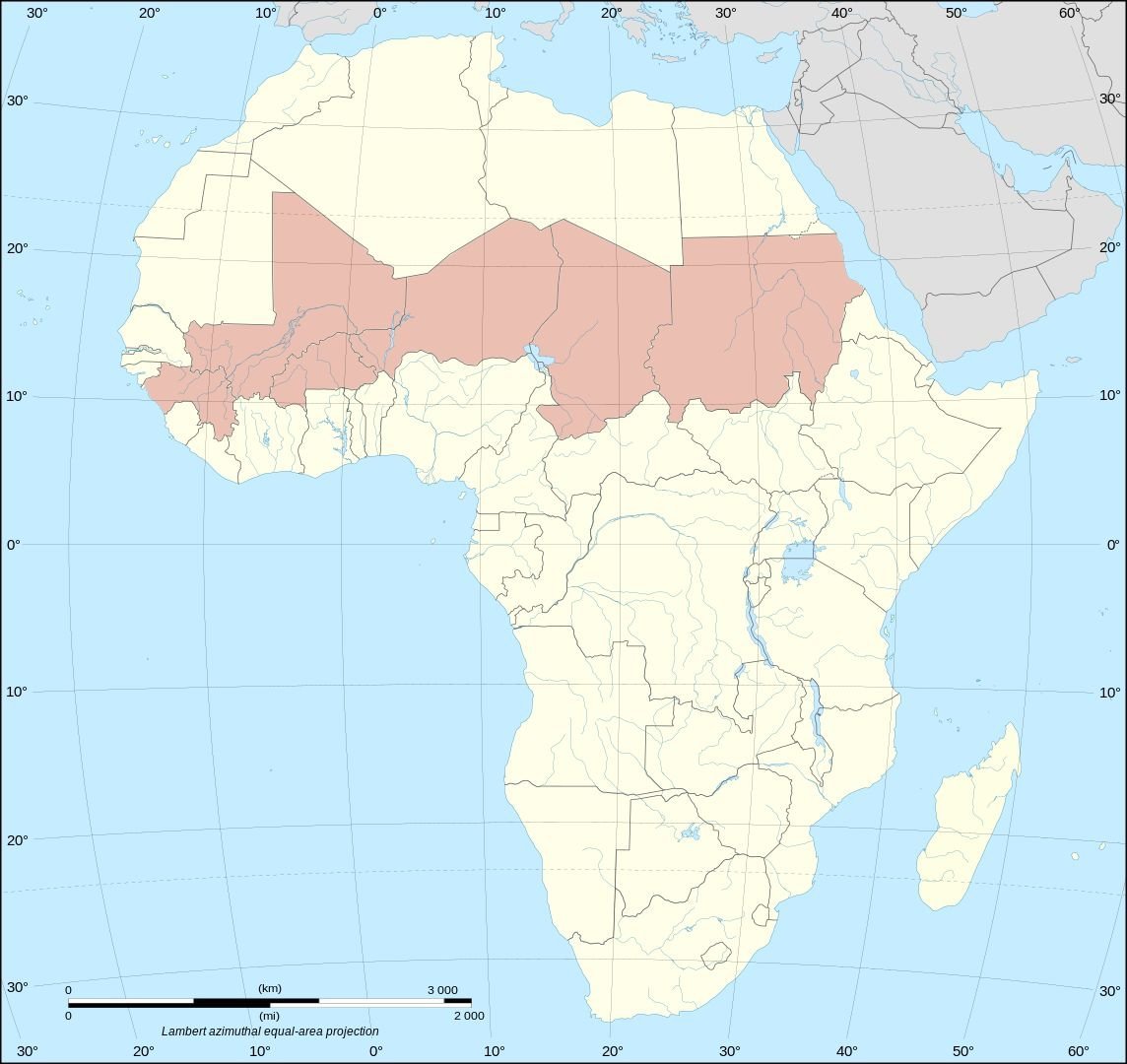
This succession of military coups has alarmed and mobilized the formally democratic governments of the region, grouped in the Economic Community of West African States (ECOWAS), which immediately adopted harsh economic sanctions against Niger and threatened with a possible military intervention to restore the government of the ousted president.
In turn, the position adopted by ECOWAS has been supported by the African Union, the United Nations, the United States and the European Union. This immediate and strong reaction of the “international community” contrasts notably with the rather lax attitude assumed in the face of previous coups d’état that have occurred in recent years on the African continent, which is proof of the varied and important interests that are at stake in the Niger crisis.

President deposed and retained, but very active
According to the information available so far, the deposed constitutional president, Mohamed Bazoum, remains in his residence in Niamey, the capital of that nation, under rather strange circumstances in the case of a coup. While the conditions of his detention have drawn complaints from supporters, and Bazoum himself has described himself as a “hostage,” at the same time he has been allowed to make frequent phone calls to garner national and international support, in order to get him back in power.
An opinion article with his signature has even been published in The Washington Post, in which he has presented Niger as the last bastion of democracy, respect for human rights and the fight against terrorism in the Sahel region, in contrast to the advent of new “authoritarian” governments in neighboring countries. In the same publication, he has warned that, if the military coup prevails in Niger, the area could fall completely under the influence of Russia at the hands of the Wagner Group, which would already be operating in Mali and Burkina Faso, among other African countries.
Bazoum is considered a faithful ally of France and the United States, countries that maintain troops and military installations in Niger to carry out operations against the armed Islamic movements present in the region. Likewise, his administration had favored the economic interests of France, which depends on the exploitation of the rich uranium deposits present in its former colony for the nuclear power plants that support the electrical system in the European country.
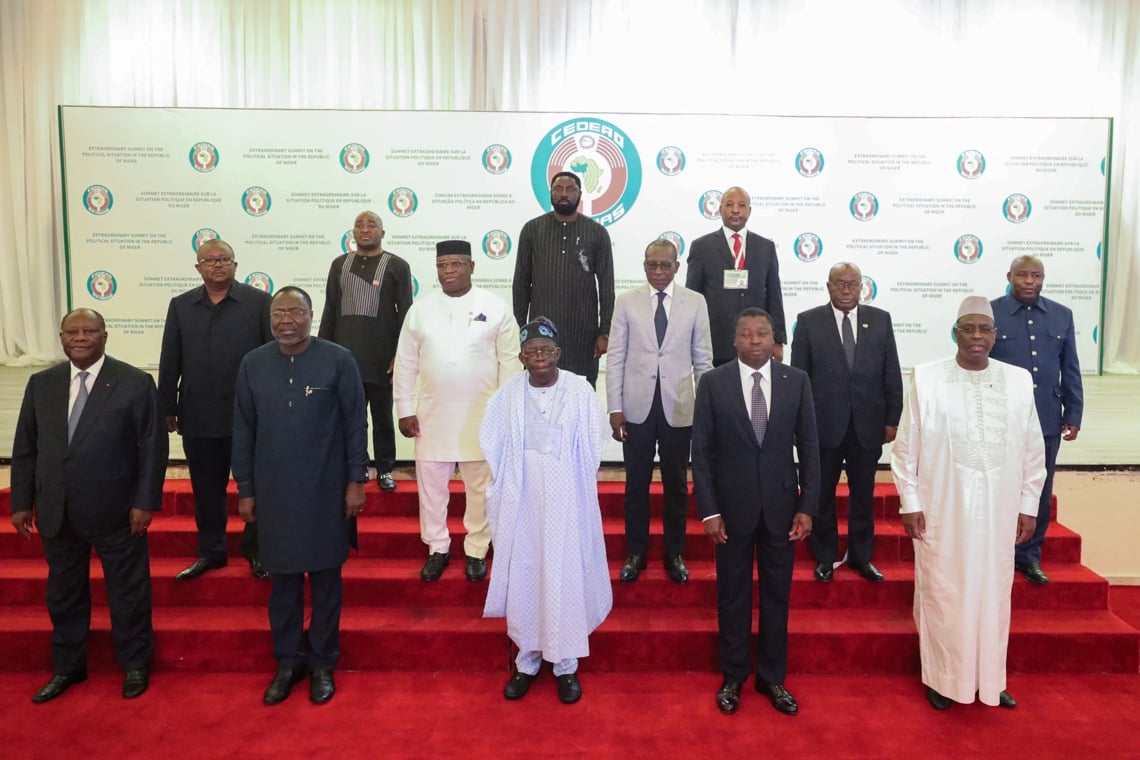
The Niger coup plotters
The Niamey-based military junta, headed by Brigadier General Abdourahmane Tchiani, alleged that Bazoum was a puppet of French interests and had plunged Nigeriens further into poverty and insecurity in the face of the scourge of violent Islamic movements. Tchiani served as head of the presidential guard. According to some media outlets, Bazoum would have decided to dismiss Tchiani, thus unintentionally unleashing the coup action, as part of an internal struggle for power.
In any case, the fact is that the arrest of the constitutional president was followed by ostensible demonstrations of popular support and attacks on the French Embassy. Five military agreements with France were canceled, similar to what happened previously in Mali and Burkina Faso (in the case of Mali, French was also eliminated as the official language).
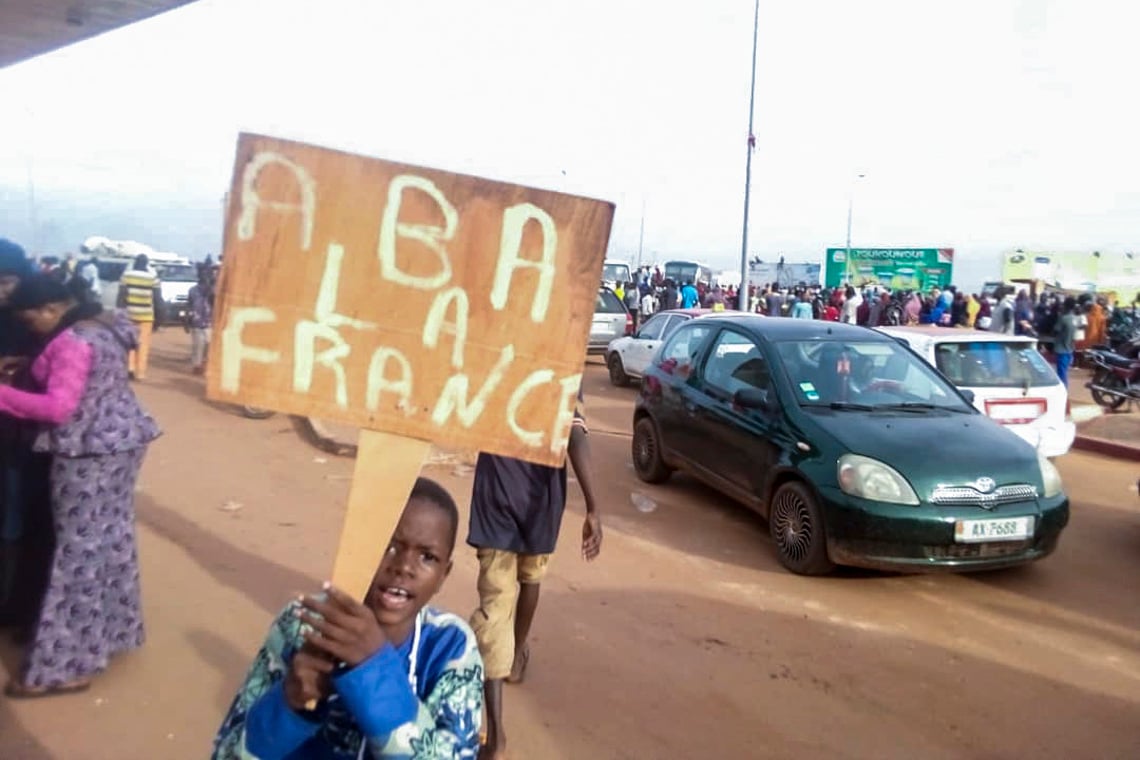
France, the one that can lose the most
The current situation in Niger poses a particularly difficult dilemma for France. Its former colony is the last bulwark of the French military presence in the region. French troops due to leave Mali and Burkina Faso were scheduled to be stationed in Niger, where the European power already has around 1,500 troops. With the cancellation of French military cooperation, this plan is now in question.
Faced with this, the French Foreign Ministry has maintained that the revocation of the agreements by the military junta does not affect its current military presence, since they do not recognize the coup plotters and is based on the legal framework agreed with the “legitimate Niger authorities.”
Anti-French sentiment has grown in the last decade, fueled by the fact that permanent political interference and the reinforcement of the military presence of the former colonial metropolis have not been able to provide, in return, effective protection against extremist movements that plague this geographical area, particularly as a result of the overthrow of the government of Muammar El Kaddafi, in neighboring Libya.

The Niger tragedy
Niger is a landlocked country located in the West African region. It occupies an area of 1,267,000 km2 (more than twice that of France, its former colonial metropolis), which places it in 21st place among the 194 independent states in the world. With an estimated population of just over 25 million people (99% Muslim), it has the highest fertility rate on the planet (an average of 7 children per woman in 2022) and a life expectancy of 60 years. It is also one of the most backward countries on the planet, ranking 189th in the most recent Human Development Index (only Chad and South Sudan rank worse).
As a consequence of the respective situations of conflict and civil wars in neighboring countries (particularly Libya, Mali and Nigeria), the Nigerien territory is plagued by various violent insurgent movements (al-Qaeda, the Islamic State and Boko Haram) that have caused a great many deaths and massive population displacements. The country is also used by human smuggling gangs as a transit route for migrants on their way to Europe. The presence of these violent movements and groups has motivated the presence of thousands of troops from France, referred to above, and from the United States.
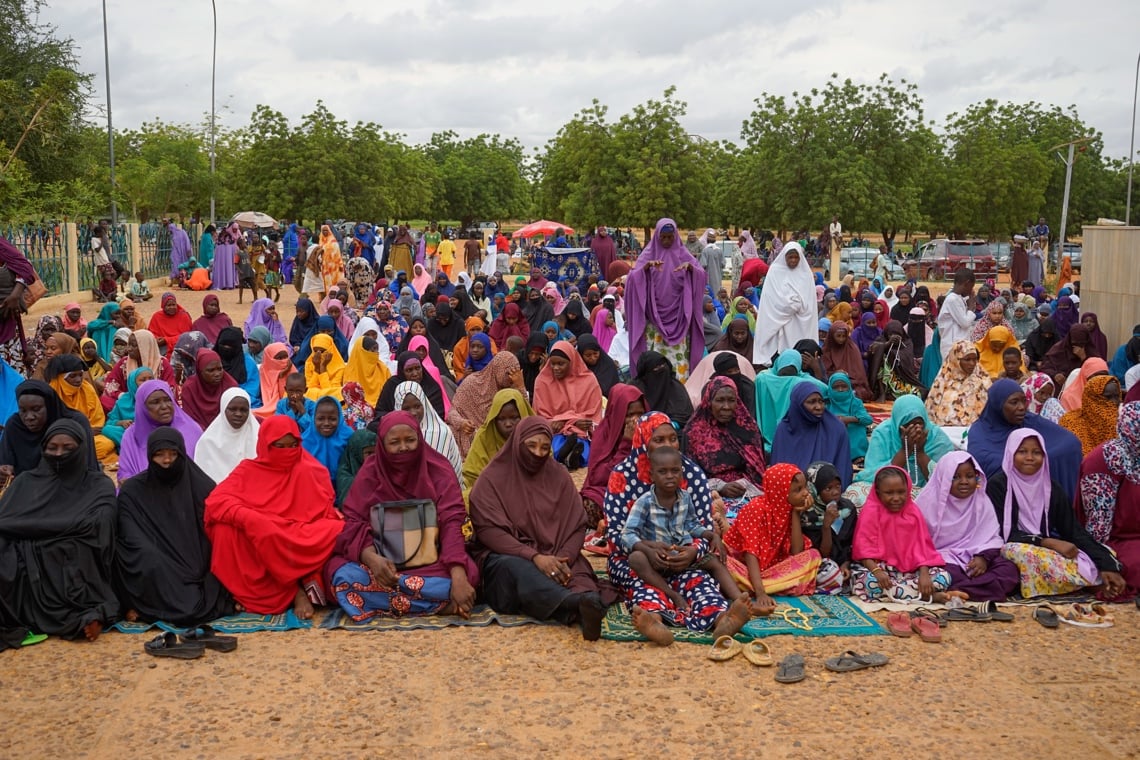
United States condemns coup and threatens, but talks
From the perspective of the U.S. government, the crisis in Niger could jeopardize the international correlation of forces in the region.
In this sense, some media have reported that the Niger military junta has requested the help of the Wagner Group, a company at the service of Russia, which already operates in other African countries. Images of coup supporters waving Russian flags in downtown Niamey and cheering for President Vladimir Putin fueled suspicions of Russian involvement in the coup.
For the time being, however, the Pentagon has denied having any evidence to that effect and has expressed confidence that a peaceful solution can be found to allow the re-establishment of the constitutional government. It has also made it clear that, although military cooperation with Niger has been put on “hold” until the situation is clarified, it does not plan any changes in terms of the U.S. military presence in the African country.
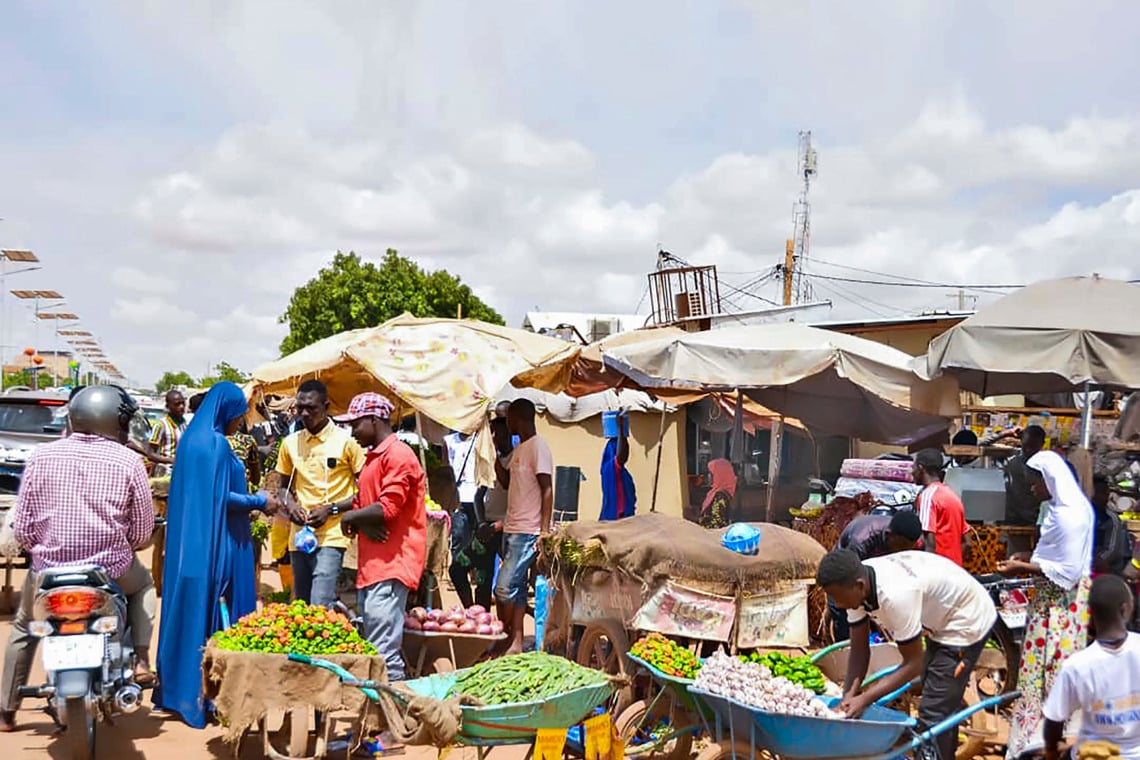
From the diplomatic side, a mission headed by Undersecretary of State Victoria Nuland met on August 7 with leaders and representatives of the military junta. Nuland acknowledged that the talks were difficult and that her interlocutors were firm in their decision to move on a path far from the constitutional order.
For the past several years, Niger has been the cornerstone of the Pentagon’s regional strategy. In this way, it has placed at least 1,100 troops in the country, has a drone base in the northern region of Agadez and has spent 500 million dollars training and supplying weapons to the Niger armed forces.
Hence, although Secretary of State Antony J. Blinken has warned that if the ousted president does not return to office, the United States could end its economic and military assistance, it is unlikely that it will carry out this threat. A U.S. withdrawal from Niger would create a vacuum that could be quickly filled by a major adversary power, such as China or Russia.
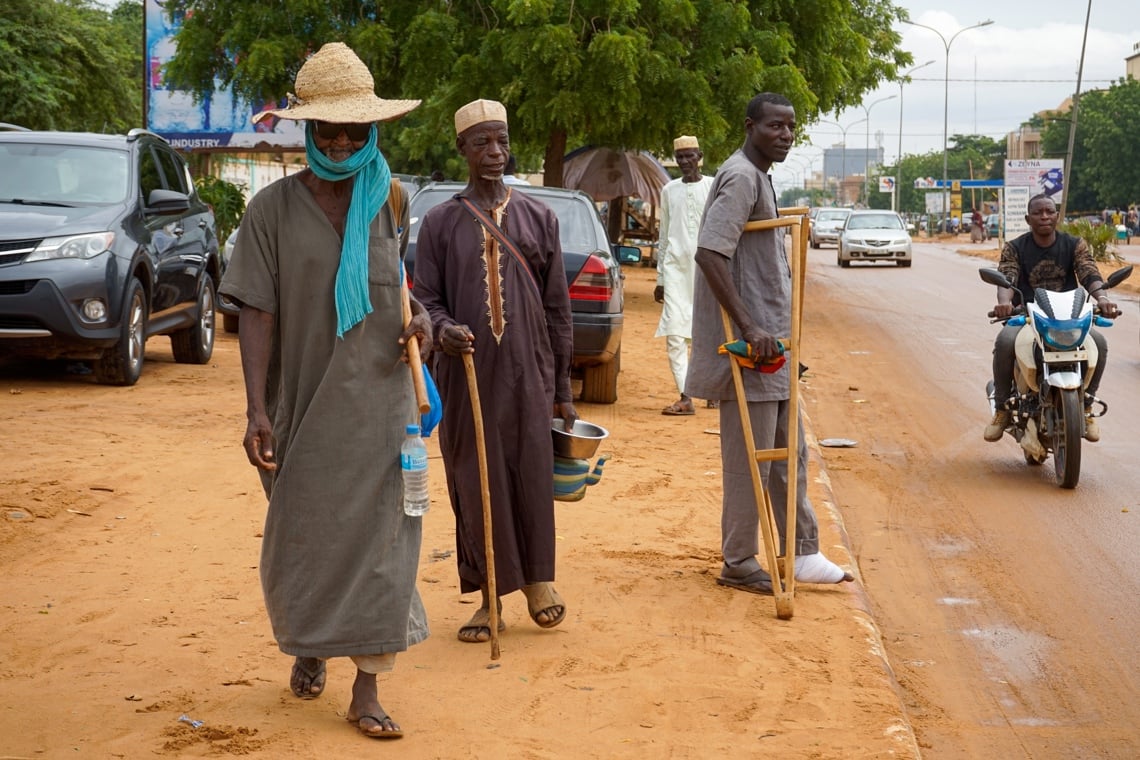
China, economic interests and a peaceful political solution
For several years now, the Asian giant has been making significant investments in oil production and refining in Niger. It also has a stake in uranium production.
Regarding the current political crisis, the Chinese Foreign Ministry has expressed its confidence that Niger and the region’s countries can find a “political solution” and called for restoring normality in the shortest possible time.
Russia, from the Wagner Group to Summit with Africa
In addition to the presence of the Wagner Group in various countries in Africa, in recent times Russia has been fostering a renewed anti-Western sentiment on the continent. The Russia-Africa Summit, held a couple of weeks ago, while the crisis in Niger was taking place, was an ideal opportunity to reinforce this process and present the great Eurasian power as an important ally in the fight of African countries against “certain demonstrations of colonialism.”
Regarding the events in Niamey, the Russian Foreign Ministry has urged “the parties to the conflict to refrain from the use of force and resolve all contentious issues through peaceful and constructive dialogue.”
The heads of the respective military governments of Burkina Faso, Ibrahim Traoré, and of Mali, Assimi Goïta, had a conspicuous presence at the Saint Petersburg Summit. They advocated strengthening ties with Russia and thanked it for its support.
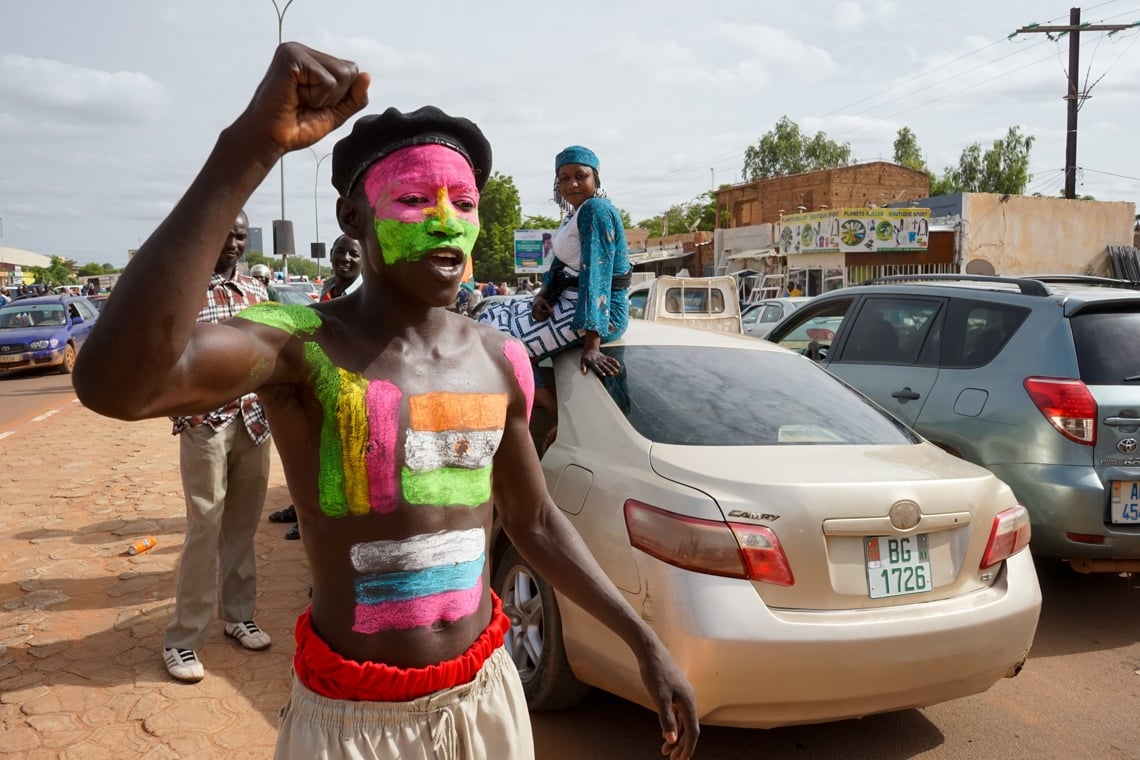
ECOWAS
The regional organization has held two extraordinary meetings to coordinate a regional response to the situation in Niger.
As a result of the first, held on July 30, the member countries issued an ultimatum to the military junta to reinstate Bazoum within a week, leaving open the possibility of using force in case of non-compliance. They also adopted, with immediate effect, a comprehensive set of economic sanctions against Niger, including the suspension of all commercial and financial transactions, the freezing of Nigerien assets, and the closure of land and air borders. As part of these measures, for example, Nigeria has already cut off the electricity supply to its neighboring country, which represents 70% of its total consumption, thus seriously affecting the Niger population and its economic activity.
Once the established deadline had expired, a second meeting was held on August 10 in Abuja, the capital of Nigeria, in which, although the commitment to the restoration of constitutional order in Niger by peaceful means was underlined, the immediate activation and deployment of a regional intervening military force was also agreed. However, a British military source has revealed that ECOWAS currently only has troops from Nigeria, and is unlikely to go into action unless they are joined by military forces from other countries.
A meeting initially scheduled for August 12, in Ghana, of the ECOWAS chiefs of staff, to brief their leaders on “the best options” to follow up on the decision to deploy the multinational force, has been indefinitely postponed. Meanwhile, a mediation group of Nigerian religious leaders met with members of the military regime in Niamey on August 12 itself.

A military, revolutionary and internationalist coup?
So far, the Nigerien military junta has been adamant, rejecting ECOWAS and the “international community” demand for restoration. Hours before the second extraordinary summit in Abuja, the junta announced the formation of a 21-member transitional government, with a majority of civilian figures and led by Ali Lamine Zeine as the new prime minister.
For their part, the military governments of Mali and Burkina Faso have aligned themselves in favor of the junta established in Niamey and, through a joint statement, proclaimed that they would consider any foreign intervention in Niger as a “declaration of war” against them. For their part, the Guinean authorities have stated their disagreement against the sanctions decided by ECOWAS, including the threat of intervention.
The succession of overthrows of civilian and formally democratic governments occurs in a context of growing popular discontent towards the rulers of the day and the neocolonial mechanisms of France, which, to a large extent, have clearly been responsible for the plundering of natural resources and the extreme levels of inequality, poverty, corruption and insecurity to which the respective populations in the countries of Central Africa are subjected.
For this reason, these processes seem to have had significant popular support and have raised expectations regarding the possibility of retaking control over natural resources and putting them at the service of national projects oriented towards economic development, social justice, political independence and a renewed Pan-Africanism.

This manifest solidarity between the new military governments in Africa has been covered with a discourse demanding national sovereignty and anti-imperialism. Two days after the constitutional president Mohamed Bazoum, 63, was arrested at his residence in Niamey, Ibrahim Traoré, 34, who became the youngest head of state in the world thanks to a military coup, in Saint Petersburg and in front of Vladimir Putin gave an impressive speech that quickly went viral on social networks. Signs of a new era for Africa? A second independence process?
Only life will show if we are in the presence of processes with a genuinely anti-neocolonial, development and emancipatory vocation, or if this attractive discourse only represents a smokescreen for the enthronement of new figures and sectors in power that ultimately end up betraying popular expectations.
But they say that hope is the last thing to be lost.

